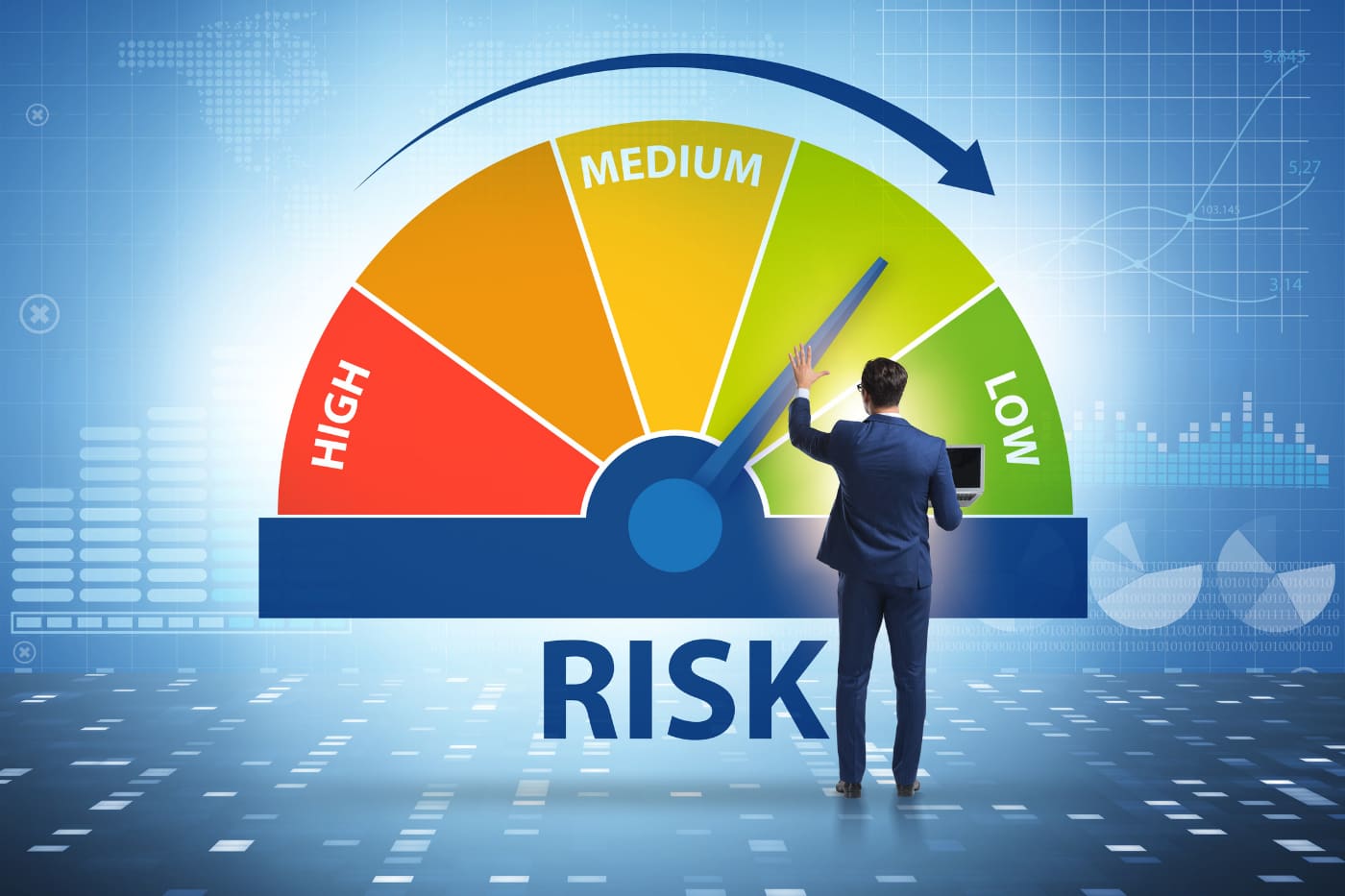Best Insurance for Fraud
Best Insurance for Fraud; Fraud is a significant threat to individuals and businesses alike, causing substantial financial losses and reputational damage. In today’s digital age, the methods and techniques employed by fraudsters are becoming increasingly sophisticated, making it imperative to have robust protection in place. Insurance for fraud is a critical component of a comprehensive risk management strategy, providing a safety net against the financial repercussions of fraudulent activities. This article explores the best insurance options available for fraud, covering the types of fraud insurance, key features to look for, leading providers, and best practices for selecting the right policy for your needs.
Understanding Fraud Insurance
Fraud insurance is designed to cover losses resulting from various fraudulent activities, including embezzlement, identity theft, cybercrime, and more. This type of insurance can be categorized into different forms, each tailored to address specific types of fraud:
- Crime Insurance: Often referred to as fidelity insurance, crime insurance covers losses due to dishonest acts by employees, such as theft, embezzlement, and forgery.
- Cyber Liability Insurance: This policy covers losses related to cybercrime, including data breaches, hacking, and phishing attacks. It often includes coverage for data restoration, legal fees, and notification costs.
- Identity Theft Insurance: Provides financial reimbursement for expenses incurred as a result of identity theft, such as legal fees, lost wages, and the cost of restoring your credit.
- Directors and Officers (D&O) Insurance: Covers the legal costs and damages associated with wrongful acts committed by a company’s directors and officers, including claims of fraud or mismanagement.
- Professional Liability Insurance: Also known as errors and omissions (E&O) insurance, this policy protects professionals against claims of negligence, errors, or omissions in the services they provide, which can include fraudulent activities.
Key Features of Fraud Insurance in Best Insurance for Fraud
When selecting an insurance policy for fraud, it is essential to consider the following key features to ensure comprehensive coverage:
- Coverage Limits
The coverage limit is the maximum amount the insurance company will pay out for a claim. It is crucial to choose a policy with sufficient coverage limits to protect against potential losses. For businesses, this may mean selecting higher limits to cover extensive financial damages.
- Deductibles
The deductible is the amount you must pay out-of-pocket before the insurance coverage kicks in. Policies with lower deductibles may have higher premiums, but they can provide better financial protection in the event of a claim.
- Policy Exclusions
Exclusions are specific situations or conditions that are not covered by the insurance policy. It is vital to review these exclusions carefully to understand the limitations of your coverage. Common exclusions in fraud insurance policies may include certain types of cybercrimes or acts committed by high-level executives.
- Claims Handling Process
The efficiency and responsiveness of the claims handling process can significantly impact your recovery from a fraudulent incident. Look for insurers with a reputation for prompt and fair claims processing, and consider the support services they offer, such as legal assistance and credit monitoring.
- Additional Services
Many fraud insurance policies offer additional services that can help prevent fraud and mitigate its impact. These services may include fraud prevention training, risk assessments, and access to cybersecurity experts.
Leading Providers of Fraud Insurance in Best Insurance for Fraud
Several insurance companies specialize in fraud insurance, offering tailored policies to meet the needs of individuals and businesses. Here are some of the leading providers:
- Chubb
Chubb is a global insurance provider known for its comprehensive crime insurance policies. They offer coverage for employee theft, forgery, computer fraud, and funds transfer fraud. Chubb’s policies are customizable, allowing businesses to tailor coverage to their specific needs.
- Travelers
Travelers offers a range of insurance products, including crime insurance and cyber liability insurance. Their crime insurance policies cover losses from employee dishonesty, forgery, and computer fraud. Travelers also provides risk management services to help businesses prevent fraud.
- AIG (American International Group)
AIG is a leading provider of cyber liability insurance, offering extensive coverage for data breaches, cyber extortion, and business interruption. Their policies include access to cybersecurity experts and resources to help businesses respond to cyber incidents effectively.
- Hiscox
Hiscox specializes in professional liability insurance and cyber liability insurance for small and medium-sized businesses. Their cyber liability policies cover data breaches, hacking, and ransomware attacks, and include crisis management services.
- Zurich Insurance Group
Zurich offers a variety of insurance products, including crime insurance and cyber risk insurance. Their crime insurance policies cover employee dishonesty, forgery, and theft, while their cyber risk insurance provides coverage for data breaches, cyber extortion, and network interruption.
Choosing the Right Fraud Insurance Policy
Selecting the best insurance policy for fraud requires careful consideration of your specific needs and risks. Here are some steps to guide you in making an informed decision:
- Assess Your Risks
Conduct a thorough assessment of your potential fraud risks. For businesses, this may involve analyzing your internal controls, employee access to sensitive information, and exposure to cyber threats. For individuals, consider the likelihood of identity theft and the potential impact on your finances.
- Compare Policies
Obtain quotes from multiple insurance providers and compare their policies. Pay attention to coverage limits, deductibles, exclusions, and additional services offered. Ensure that the policies you are considering provide adequate protection for your identified risks.
- Check the Insurer’s Reputation
Research the reputation and financial stability of the insurance providers. Look for reviews and ratings from independent agencies, such as A.M. Best, Moody’s, and Standard & Poor’s. A reputable insurer with strong financial stability is more likely to provide reliable coverage and prompt claims processing.
- Consult with an Insurance Broker
Consider working with an insurance broker who specializes in fraud insurance. A broker can help you navigate the complexities of different policies, provide expert advice on coverage options, and negotiate better terms on your behalf.
- Review Policy Terms and Conditions
Carefully review the terms and conditions of the policy before making a decision. Pay close attention to the fine print, including exclusions, coverage limits, and the claims process. Ensure that you fully understand your responsibilities under the policy.
Best Practices for Preventing Fraud in Best Insurance for Fraud
While having the right insurance coverage is essential, preventing fraud in the first place is equally important. Here are some best practices to help you reduce the risk of fraud:
- Implement Strong Internal Controls
For businesses, strong internal controls are crucial in preventing employee fraud. This includes segregation of duties, regular audits, and background checks for new hires. Ensure that sensitive financial information is accessible only to authorized personnel.
- Educate Employees
Provide regular training to employees on fraud prevention and detection. Educate them about common fraud schemes, such as phishing and social engineering, and encourage them to report suspicious activities.
- Use Technology
Utilize technology to enhance your fraud prevention efforts. This includes implementing robust cybersecurity measures, such as firewalls, antivirus software, and encryption. Regularly update your systems and software to protect against the latest threats.
- Monitor Financial Transactions
Regularly monitor financial transactions for unusual or suspicious activity. Implement automated systems to flag anomalies and conduct thorough investigations when discrepancies are identified.
- Establish a Fraud Response Plan
Have a clear plan in place for responding to fraud incidents. This should include steps for containing the incident, conducting an investigation, and notifying affected parties. Ensure that your plan complies with legal and regulatory requirements.
Case Studies: Real-World Examples of Fraud Insurance in Action in Best Insurance for Fraud
- Small Business Embezzlement
A small retail business discovered that one of its employees had been embezzling funds over several years, resulting in significant financial losses. Fortunately, the business had a crime insurance policy in place that covered employee dishonesty. The insurance claim was processed promptly, and the business received reimbursement for the stolen funds, helping them recover from the financial impact.
- Cyber Attack on a Healthcare Provider
A healthcare provider fell victim to a ransomware attack, where hackers encrypted patient data and demanded a substantial ransom for its release. The provider had a cyber liability insurance policy that covered cyber extortion and data restoration costs. The insurance policy also provided access to cybersecurity experts who assisted in negotiating with the hackers and restoring the encrypted data.
- Identity Theft Incident
An individual discovered that their personal information had been stolen and used to open fraudulent credit accounts. The victim had identity theft insurance, which covered the costs of legal fees, credit monitoring, and the time spent restoring their credit. The insurance policy also provided access to identity theft resolution experts who guided the victim through the recovery process.






